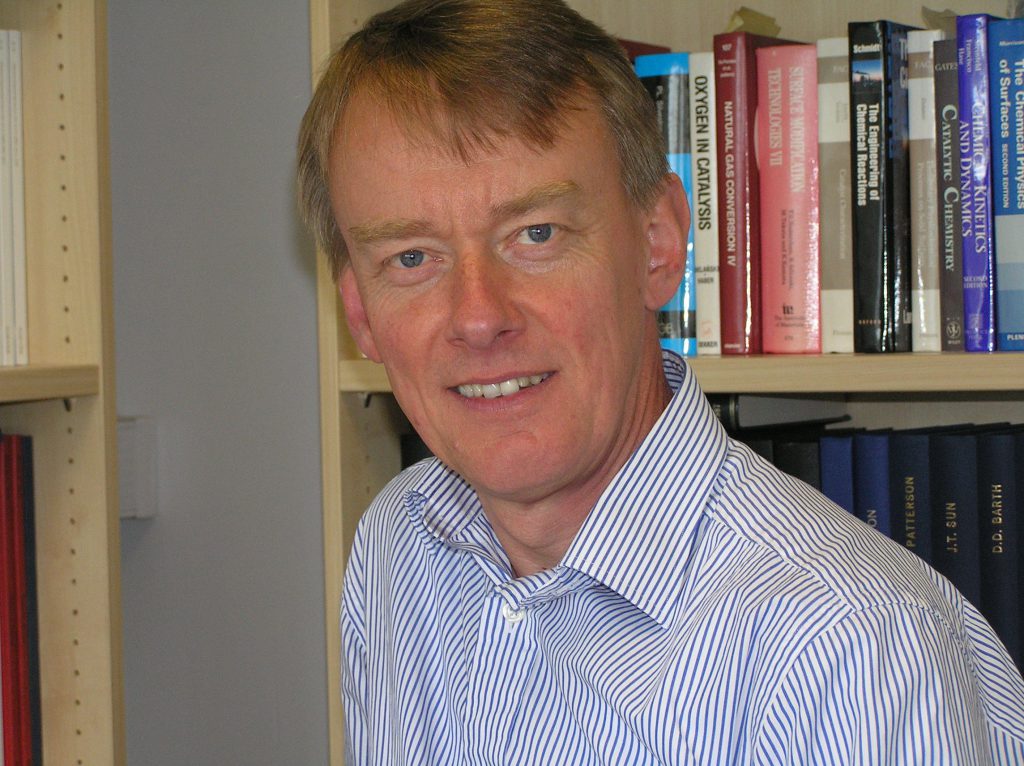Chemical energy storage and how we can exploit it to improve energy conversion processes
- Start Tuesday 15 May 2018 6:00pm
- Finish Tuesday 15 May 2018 8:00pm
- Download event slides - PDF (1.37 MB)

Chemical energy storage and how it differs from other forms of energy storage will be discussed. We will consider the fundamental requirements of a chemical energy store system in order to select possible chemical solutions. Energy densities will be compared to other forms of energy storage for context. Material and energy balances for overall chemical energy storage processes will be employed in order to gaininsight into important issues that need to be considered when designing a chemical energy store. Simple back-of-the-envelope calculations will be used to develop ideas. We will study the topical example of methanol production from combustion flue gas as a case study as well as the example of ammonia as a hydrogen carrier. The importance of handling and distribution of chemical energy storage media will be emphasised. Optimal strategies for energy integration using tools such as pinch technology will be discussed.
Our aim is to show that chemical energy storage can serve the additional purpose of making overall energy conversion processes more efficient by allowing us to move waste-heat off e.g. vehicles to stationary locations. This comes with a very significant thermodynamic benefit.
Speaker
Ian S Metcalfe’s research is in the area of the thermodynamics of chemical conversion with an emphasis on energy processes. He has a particular interest in membrane processes and solid-gas chemical looping cycles.
He is Professor of Chemical Engineering at Newcastle University,and a Fellow of the Institution of Chemical Engineers and a Fellow of theRoyal Society of Chemistry. He was elected a Fellow of the Royal Academy of Engineering in 2012. He has held both an Esso Centenary Education Award (1989) and an ICI Fellowship (1993). Whilst at Imperial College he received the Imperial College Award for Excellence in Teaching (1996). He currentlyholds a European Research Council Advanced Grant and acts as director of the virtual UK membrane centre (EPSRC – SynFabFun), co-director of the Hydrogen and Fuel Cell SUPERGEN and co-director of the Centre for Advanced Materials for Integrated Energy Systems, CAM-IES. He has authored a text book on chemical reaction engineering which has sold 10,000 copies and has published more than 130 refereed research articles. He has supervised about 50 PhD students.

